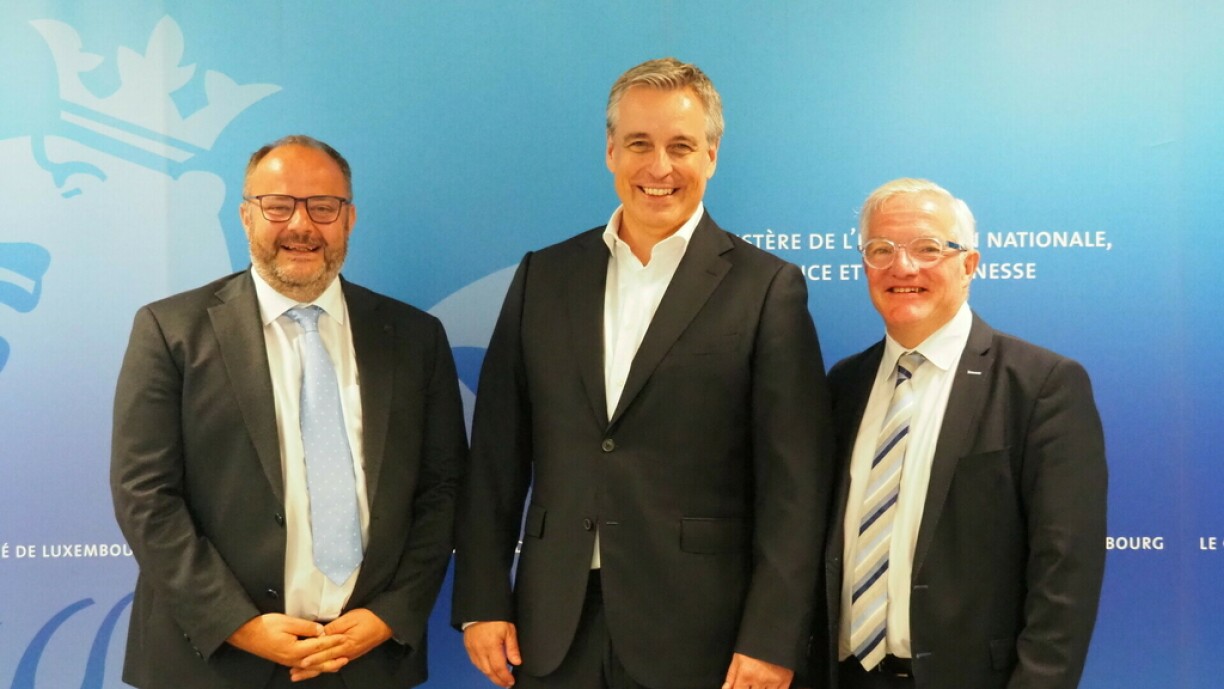
A new public European School will open in Schifflange in 2026 to address overwhelming demand for school places in southern Luxembourg, Education Minister Claude Meisch announced at a press conference on Wednesday. The school, the country’s seventh of its kind, will initially operate in temporary buildings before moving into a permanent campus by 2030.
The €146 million project – mostly funded by the Education Ministry – is designed to serve around 980 students across 42 classes. It will include a full European secondary programme, integration and orientation classes, a preparatory track, and shared campus facilities, including a sports gym, a canteen, a swimming pool, offices, and a youth centre.
According to Meisch, the school responds to a growing need in the south, where applications far exceed capacity. The International School in Differdange/Esch, for example, received 1,200 applications for just 300 places.
European Schools play a key role in integrating students from abroad – about 2,000 each year, according to Meisch – thanks to their flexible multilingual approach. The first public one opened nine years ago, with the number quickly rising to six.
At the press meeting, the education minister stressed that children from migrant backgrounds often face educational disadvantages in traditional schools, with many falling behind by the time they reach secondary level.
Recent figures show most of the current 5,700 European School students list Luxembourgish as their nationality, followed by French and Portuguese. Nearly half were born abroad, with 15% living in France.
The new school also addresses concerns that public European Schools have mainly served affluent families. Schifflange was chosen partly because its population includes many lower-income households.
While the SEW teachers’ union has questioned the quality of European School diplomas, Meisch dismissed the criticism, noting it only emerged after the schools became free to attend.
The Schifflange project began shortly after the war in Ukraine, initially aiming to support the educational needs of Ukrainian refugees.